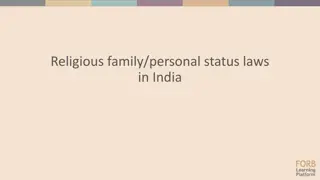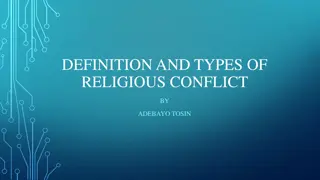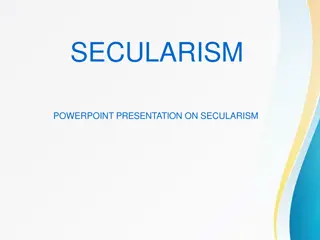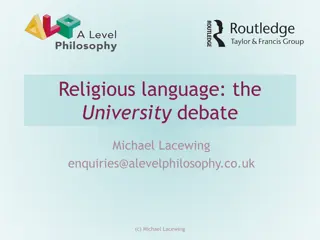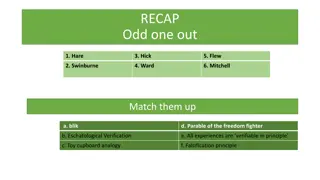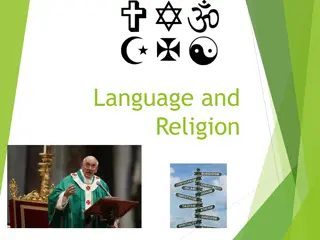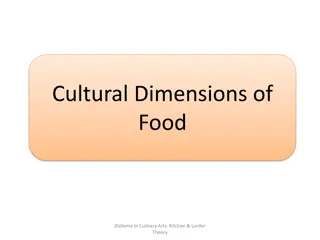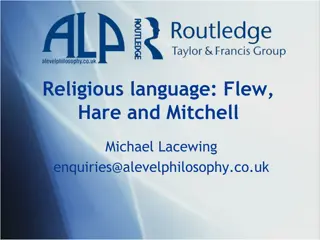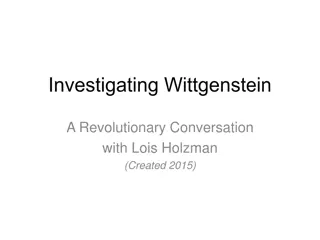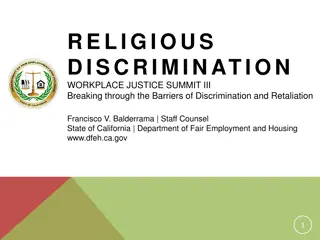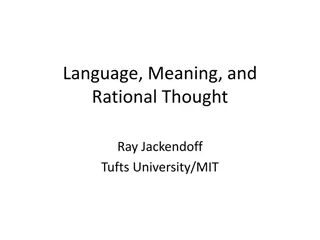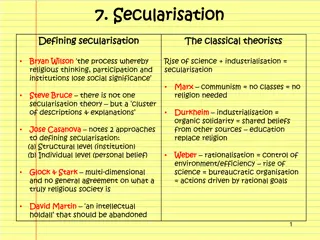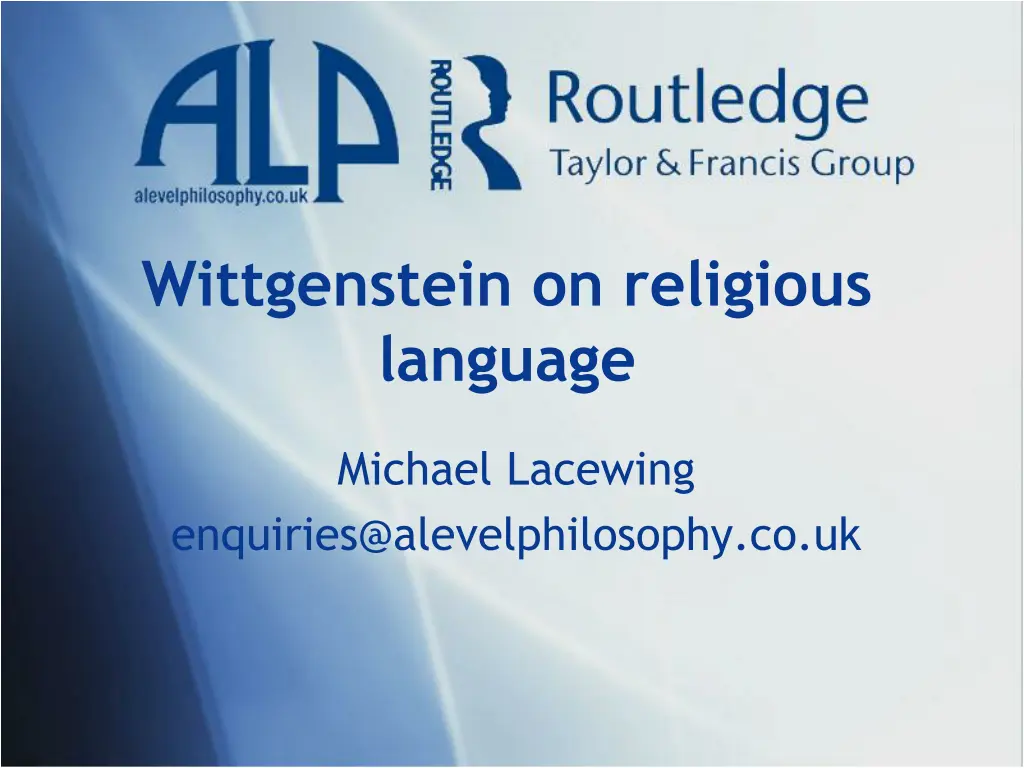
Wittgenstein's Views on Religious Language and Belief
Explore Wittgenstein's examination of religious language and belief, contrasting cognitivism with non-cognitivism. Discover how religious beliefs are more than factual assertions, reflecting a deep commitment to a way of life. Consider the implications of religious language and the objections raised regarding the relationship between religious belief and reason.
Download Presentation

Please find below an Image/Link to download the presentation.
The content on the website is provided AS IS for your information and personal use only. It may not be sold, licensed, or shared on other websites without obtaining consent from the author. If you encounter any issues during the download, it is possible that the publisher has removed the file from their server.
You are allowed to download the files provided on this website for personal or commercial use, subject to the condition that they are used lawfully. All files are the property of their respective owners.
The content on the website is provided AS IS for your information and personal use only. It may not be sold, licensed, or shared on other websites without obtaining consent from the author.
E N D
Presentation Transcript
Wittgenstein on religious language Michael Lacewing enquiries@alevelphilosophy.co.uk
Cognitivism v. non-cognitivism What are we doing when we are talking about God? Cognitivism: religious claims, e.g. God exists Aim to describe how the world is Can be true or false Express beliefs that the claim is true. Non-cognitivism: religious claims Do not aim to describe the world Cannot be true or false Express attitudes towards the world.
An argument for non- cognitivism People don t normally acquire religious beliefs by argument or testing evidence. When someone converts to a religion, what changes isn t so much intellectual beliefs, but their will, values, way of living. Therefore, God exists doesn t state a factual belief, but expresses a non-cognitive attitude. But how does language have meaning when it doesn t state truths?
Wittgenstein on meaning To understand language, we must understand how it is used. Compare uses of language to games - rules that allow or disallow certain moves/meanings. Surface grammar v. depth grammar The bus passes the bus stop v. The peace of the Lord passes all understanding Asking your boss for a raise v. asking God for prosperity. Language is part of life, a form of life.
Wittgenstein on religious belief So religious language takes its meaning from religious life. Its surface grammar looks empirical, but its depth grammar is very different God is not a thing like any other a religious belief could only be something like a passionate commitment to a system of reference. Hence, although it s a belief, it s really a way of living, or a way of assessing life. It s passionately seizing hold of this interpretation.
Implications The Last Judgment is not a future event. Religious language expresses an emotional attitude and understanding of life and a commitment to living life according to that understanding.
Objection Religious belief cannot be criticized by facts and evidence It cannot be true or false, probable or improbable But what about the argument from design or problem of evil Religious belief is not cut off from reason. Reply: religious belief still needs to make sense of human experience But what does this mean, given that it doesn t say anything cognitive?
Objection Wittgenstein s interpretation contradicts what most religious believers believe! Believers use religious language to state truths They have disagreed and argued over truths that don t have any obvious practical implications. Religious language is both factual and expressive.

